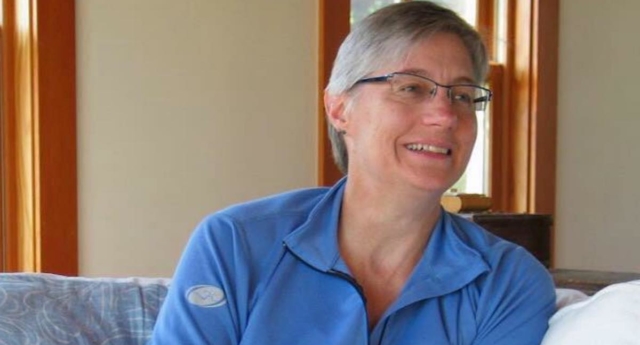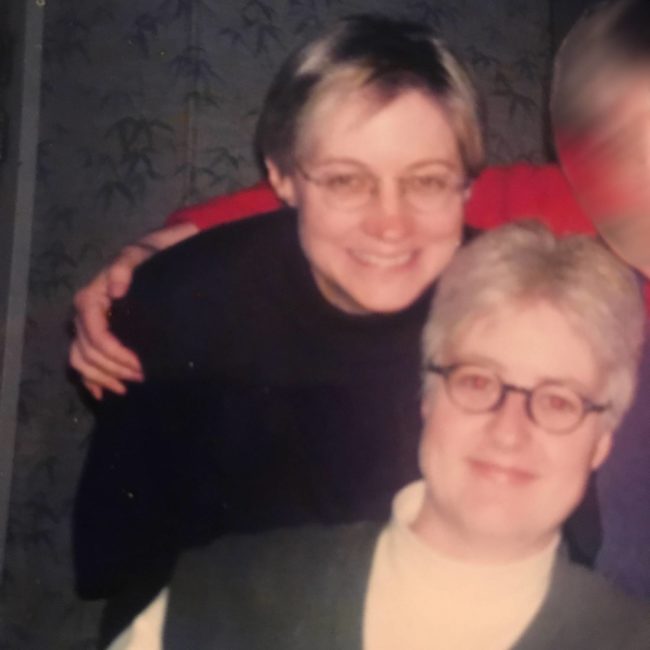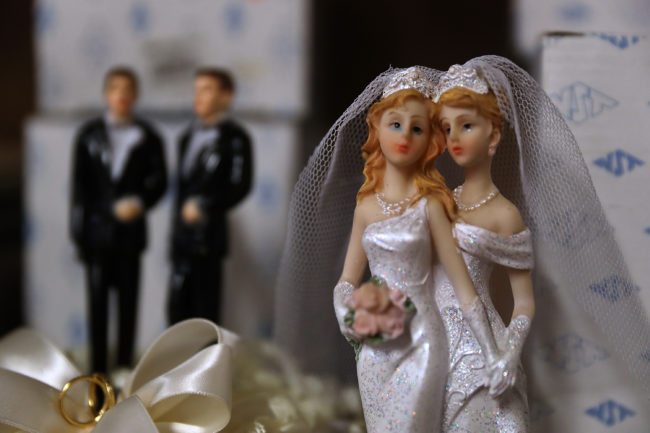Lesbian Denied Spousal Benefits After Partner’s Death Sues Social Security Administration

A lesbian has filed a lawsuit accusing US authorities of denying her of spousal survivor’s benefits because her long-term partner died before same-sex marriage was legal.
Helen Thornton, from Washington state, lodged the case with LGBT+ civil rights organisation Lambda Legal, seeking the the benefits based on her relationship with her parter of 27 years, Margery Brown, who died in 2006.
Thornton claims that it is unconstitutional for the Social Security Administration (SSA) to exclude her from claiming benefits because she was unable to marry her partner before she died.

Same-sex marriage was legalised in all 50 states in the US in June 2015, following a Supreme Court decision.
“The federal government is requiring surviving same-sex partners like Helen to pass an impossible test to access the benefits that they’ve earned through a lifetime of work: they need to have been married to their loved ones, but they were barred from marrying by discriminatory laws then in existence,” said Lambda Legal counsel Peter Renn.
“We are beyond the day when the government can deny equal treatment to same-sex couples. But, by withholding these benefits, the federal government is breathing life into the same discriminatory marriage laws that the Supreme Court has already struck down.”
In the US, couples are generally required to be married for a minimum of nine months before their spies dies in order for the living partner to get survivor’s benefits.
The amount of money given in these benefits is based on the income of the deceased partner.
Thronton and Brown met at a women’s art group in 1978 and started a relationship a year later, which lasted until Brown’s death in 2006.
“Margie and I were fortunate to share 27 years of love and commitment together on this earth,” said Thornton.
“Like other committed couples, we built a life together, formed a family, and cared for each other in sickness and in health.
“Although we wanted to express our love for each other through marriage, discriminatory laws barred us from doing so before Margie’s death.”

She added: “Now, in my retirement years, I’m barred from receiving the same benefits as other widows, even though Margie and I both worked hard and paid into the social security system with every paycheck.”
Thornton, 63, is semi-retired and has a job looking after animals to supplement her income.
She applied for survivor’s benefits in 2015, when she was 60 years old, which is the age surviving spouses are eligible to receive the benefit.
However, the SSA rejected her application because the couple were not married at the time of Brown’s death.
“Same-sex couples who weren’t able to marry faced discrimination throughout their lives, and now the surviving partner faces it all over again, after their loved one has died. It’s like pouring salt in a wound. Denied equality in life, they are denied equality once again in death,” Renn added.